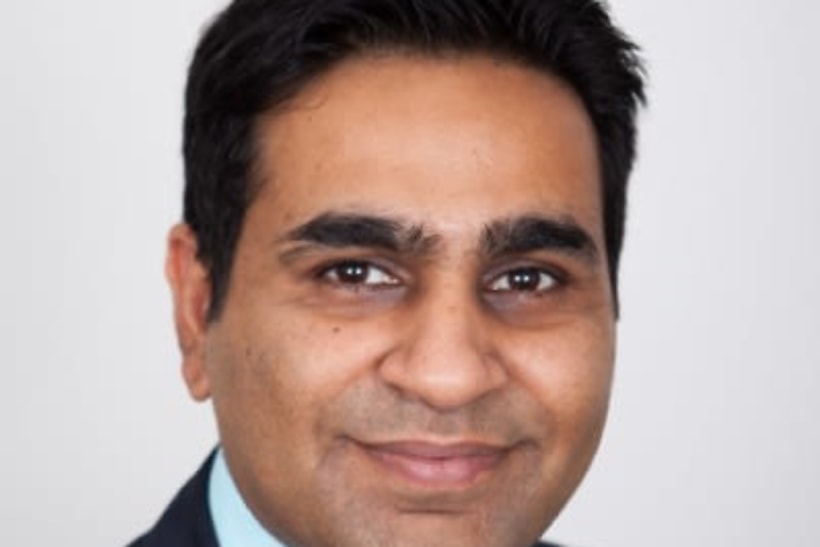
Sustainable growth is the “holy grail” for financial planning businesses looking to expand while realising economies of scale.
With the spotlight firmly on the sector following Michelle Levy’s Quality of Advice Review and its final recommendations last month, how advice businesses can continue to expand without compromising on the quality of service provided remains a key question. As many small advice businesses and wealth practices navigate the challenging terrain of how to grow both effectively and responsibly, one of the great challenges is ensuring they continue to provide a streamlined quality of service and customer experience to their clients that is not diminished once they embark on their growth journey.
For many of these businesses, keeping pace once their business needs change is integral to success, particularly as sustaining growth often comes with an increased need for complex and more sophisticated technology.
Below are four key questions for ensuring you are selecting the right technology investments to help build a solid foundation for scaling your business.
Do you have the right technology partners to address your organisation’s changing needs?
Firms should carefully assess their technology needs and requirements to ensure they have the right systems available while expanding existing service offerings and entering new markets. Advice firms should use a standardised and systematic process when selecting new technology investments to reduce costs. As their technology needs become more complex, administrative tasks begin taking up too much time and hindering client-facing work. To address this, firms should adjust workflows, have specialised roles, and choose technology partners who can help manage complex workflows and automate tasks to allow advisors to focus on their main role and avoid unnecessary work.
Are you providing optimal service as your clientele becomes increasingly varied and intricate?
Client segmentation, dividing clients based on factors such as assets under management, services needed and expected deliverables, helps firms manage work better and ensure each client receives the proper level of service. It also improves client prospecting and engagement by tailoring the value proposition and messaging to different audiences. Firms that regularly use these strategies perform better. Implementing client segmentation requires various technology platforms that allow firms to intelligently categorise into different groups, set priorities, and better understand client needs to tailor services accordingly.
Do your technology investments help eliminate old and inefficient processes?
When considering potential technology investments, businesses should look closely at how they will integrate any new services with their current tools to improve productivity and reduce operational risks. An integrated technology environment streamlines processes and eliminates manual tasks, reducing inaccuracies that could negatively impact the client experience or compliance standing. To maximise efficiency, companies should consider how new technology will integrate with their most utilised platforms, such as portfolio management and document management tools.
Are you working with the right strategic partners to help you succeed?
Firms should choose technology providers who act as business partners and work with them to achieve long-term mutual success. The solutions should seamlessly integrate with existing platforms while building toward the future. As firms scale, their technology needs change, so it’s important to build strong relationships with partners that understand your business needs and provide solutions accordingly.
It’s no secret that the best advice firms take a measured, long-term view when investing in technology, aligning it with their future goals and needs. The ideal technology stack will differ based on a firm’s client base, headcount, market footprint, and other factors. However each firm’s technology should be designed around the client record, focusing on supporting the client experience. Choosing the right technology requires self-assessment and reflection, but the goal should always be to deliver better services and build stronger client relationships.
Umesh Banga senior director, go-to-market for Practifi
Never miss the stories that impact the industry.